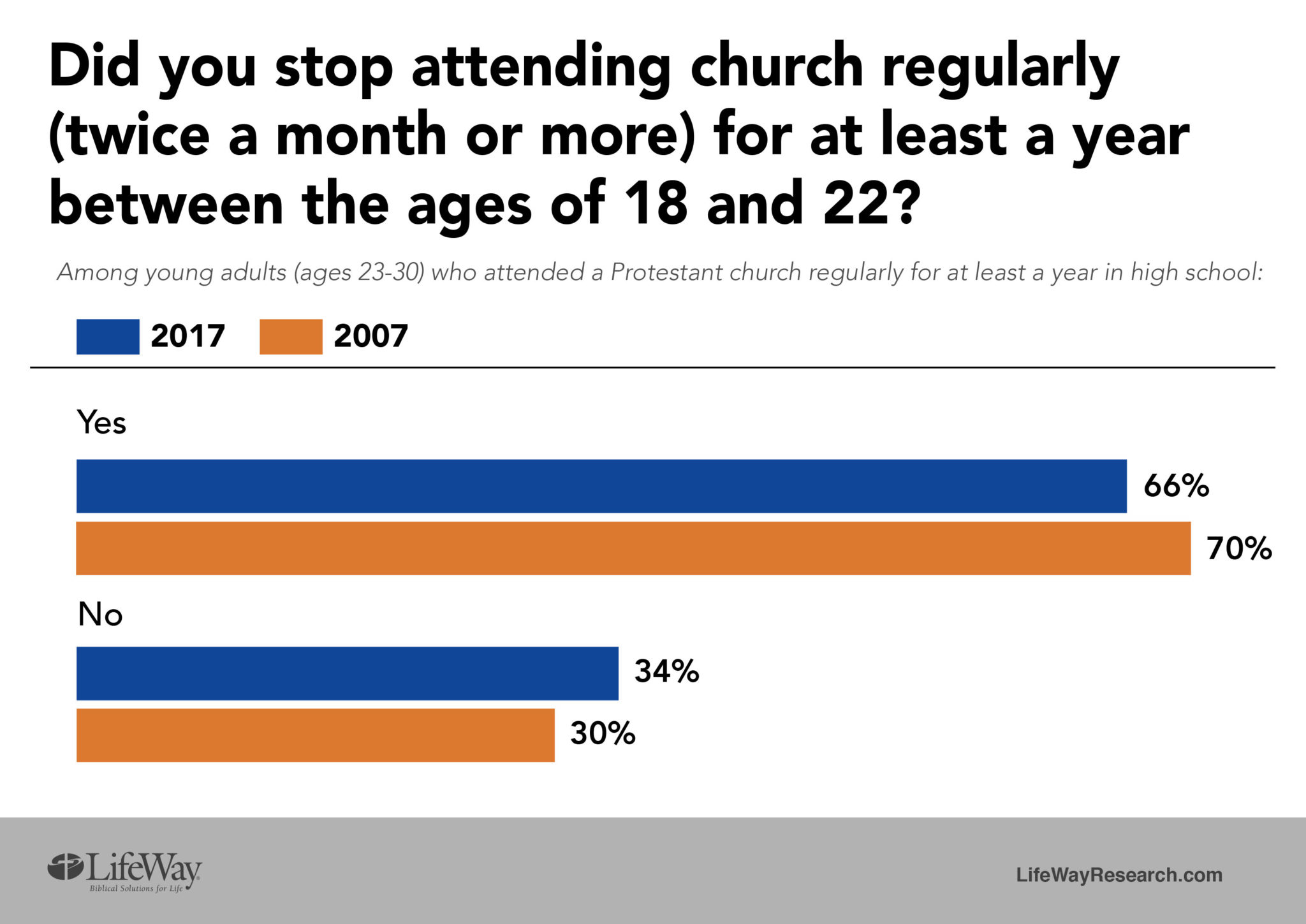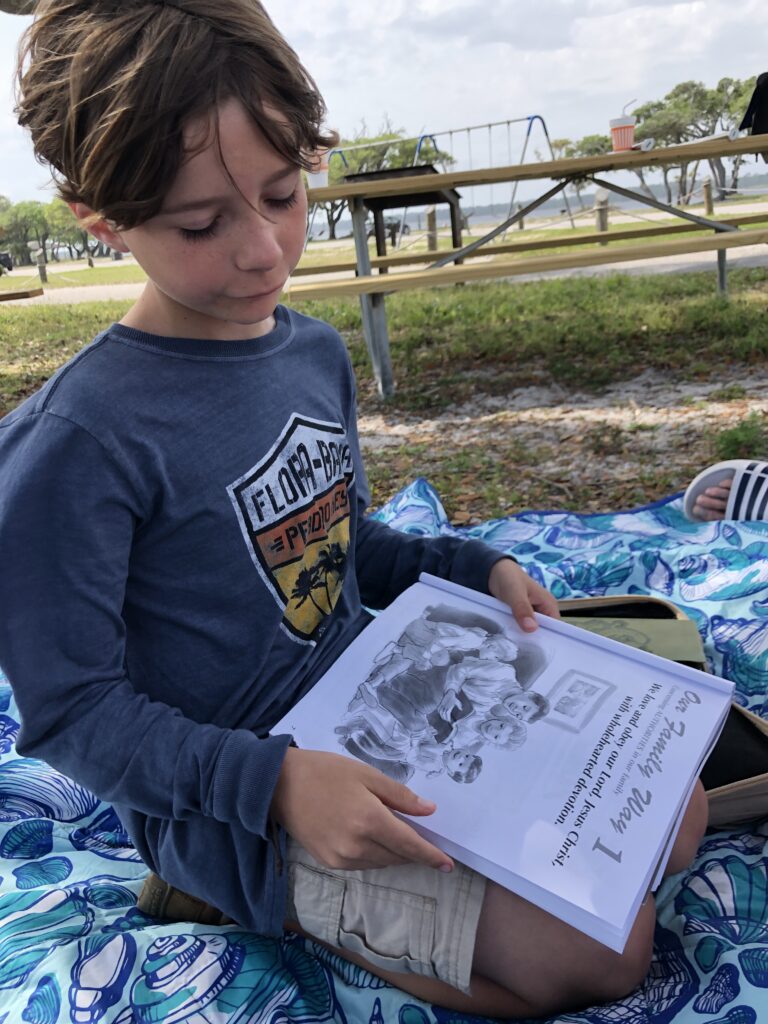SIGN Me up
get an email notification when we have a date set!
coming soon...
discipleship course
VIEW OUR stuff
COMING SOON
check out our goods
type below and hit enter
Search the blog
techniques
family
christian living
Browse by topic
We love sharing Jesus, people's testimonies and ways to disciple.
Read more about us
We are so glad you're here
Discipling our Children: The Parent’s Influence
April 5, 2023
My husband and I understand that discipling our children is our most important job. It is an honor given to us by the Lord. In these days, it’s very important we take this job seriously. Did you know that according to Lifeway research 66% of American young adults who attended a Protestant church regularly quit attending church between the ages of 18-22 years old? This makes my mama heart ache. Even more saddening is less than one half of one percent of Christians between 18-23 have a Biblical worldview according to Got Questions and the Fuller Seminary Study.

Parents, the odds are not favorable, but there is hope. The Fuller study also indicated that “the most important factor in whether young people remain steadfast in their faith is whether they have a safe haven to express their doubts and concerns regarding their faith before leaving home.” Another key factor was “the influence of the parents” and the parent’s involvement in the Church. “Ninety three percent of children remained faithful when both of their parents were faithful and active in the church.” We also have the Lord on our side, helping us fight for our children.
So what are some practical ways to develop a safe haven and to help be the influence that helps to foster authentic relationships with the Lord in our children? I am going to cover these practical ways in a five blog series. I hope you will read along with me and please share some of the ways that you disciple your children.
Demonstrate the Word of God is a Priority
One of the ways to ensure we are pointing our children to God is through digging into His Word. Making the Bible a family priority can be done through scripture memorization, referencing it for questions, teaching it to others and simply reading scripture. As my friend @Bridgette Kay Designs says, “(girl) read your Bible.” Below are some practical ways to incorporate this into your daily lives.
Memorize Scripture
Years ago my friend (Megan) and pastor’s wife (and founder of Beautifully Broken) decided to mentor a group of ladies at the church I attended. Her first point that she shared with us was the importance of memorizing scripture. She encouraged us to hide God’s word in our heart and we started by memorizing Psalm 119:10-12:
10 I seek you with all my heart;
do not let me stray from your commands.
11 I have hidden your word in my heart
that I might not sin against you.
12 Praise be to you, Lord;
teach me your decrees.
Now, when teaching others, including my children, to memorize scripture I normally start with that verse. Then we pray that God will help her/him to hide His Word in their heart. Memorizing scripture is very beneficial and I see why my friend started with that when discipling us. As it relates to discipling our children, memorizing scripture fills their minds with things from above. This helps them to have nuggets of God’s wisdom at the tips of their tongues when they need it, even when they don’t have a Bible nearby. They will be equipped to use those scriptures in prayer, witnessing to others or comforting someone (even themselves).

What is so exciting is there are so many fun ways to do this! There are several apps which are interactive and fun. Verse Locker is the app I use, and it is free. Verse Locker allows you to create scripture collections, quizzes you on the verses you’ve memorized and has several different games to help memorize scripture. There is also the ability to pick the translation version that you use to memorize. Another neat tool for memorizing scripture is through a company called Dwell Differently. They have a monthly subscription where they send you key chains, cards and tattoos with scripture for you to memorize. They have family packs that you can purchase and a small community you can join for free. You can also pick the translation for your tattoos, they currently pick the monthly verses. It’s such a neat way to have the scripture in front of you and ready to be memorized.

The old-fashioned way is to do what Deuteronomy 6:9 says and “write them on the doorframes of your houses and on your gates.” This can be so sweet to make fun signs/décor with your family and post them all over your home or check out my friend Bridgett Kay Design’s store to get some professional scripture décor made or scripture memory cards made. Another free way to do memorize scripture is to take the first letter of each verse and write it on a card, your hand, or even a rubber band to wear around your wrist. Then, try to recall the verse. For example: Deuteronomy 6:9 would be WTOTDOYHAOYG, write them on the doorframes of your houses and on your gates. It’s amazing to hear the scripture bubble up to the surface in conversations because it becomes a part of us (and our children).
Seek Comfort and Answers from Scripture
One of the best ways to show our families that we rely on the Lord is to referencing scripture to answer questions and provide comfort. Our children ask some really HARD questions sometimes, but the Bible has an answer for those questions. Pointing them to the Bible to answer those hard questions will instill a very healthy habit and teach them to go to God with all of the things. Even if you know the answer, try pointing them to Jesus instead of giving them that answer. This shows them that He is the one they should depend on. If your little is sad, pull out the Bible and read some scripture to provide encouragement. If they’re having issues with a friend, show them they have a friend in Jesus (John 15:12-17). Anxiety, sickness, fear… the Bible is our guide. If we, as parents, model referencing scripture to answer questions or provide comfort it can develop into a habit for our children. Who better for them to turn to than God and His Word?
Teach Others
“In learning you will teach, and in teaching you will learn.” – Phil Collins
A fun way to really get your family to dig into the Word is to have them teach a Bible lesson to others. This can be done at dinner, a small Bible study with friends or even hosting an event in your home for them to teach. The preparation that goes into learning something to teach others really makes us learn that information ourselves. My son has recently started teaching Sunday evenings at the Bible study we host in our home. The amount of preparation and time he puts into studying the Word has him in his Bible for hours. He really studies the text and reads commentary and all the other nerdy Bible things that go into preparing to teach. Even little children can do something like this. Mom or Dad could teach them a Bible story and then they could share the Bible study at the dinner table. You could have them practice telling the story for a few days. Teach, correct, redirect and encourage as necessary while they practice. This will have that story and those words sink deep into their little hearts, plus it’s fun. Another fun idea is to put on a Bible “play” or puppet show with friends or siblings and act a story out. Friends, there are so many fun ways to incorporate scripture into the everyday lives of our children.
Read the Bible
Reading the Bible sounds great in theory, but not many are actually doing this. According to a Lifeway study, 80% of churchgoers don’t read the Bible daily and 63% of churchgoers say they’ve read at least once in the last 6 months. Making His Word a priority will help our children (and ourselves) to know God better. The more you know someone the more you become like them and when you know Him, you grow to love Him. When we are in the Word with our children the Holy Spirit can do mighty work. “For the word of God is living and active, sharper than any two-edged sword…” Hebrews 4:12. Constantly being in the Word changes hearts and grows them wiser.

Some suggestions to incorporate daily Bible reading are: starting a Bible yearly reading plan, go verse by verse (expository) through a book of the Bible, find a devotional that points you to scripture, read the children’s Bible or just pick up the Bible and read it. We started doing a chronological Bible in a Year plan this year (The Bible Recap) and each day we read about 2-4 chapters of the Bible together. After reading, we simply share one takeaway that each person had from the text. When our children were younger we would read Bible stories from the children’s Storybook Bible and then, we would open the actual Bible and visibility show them the story was in mommy and daddy’s Bible, too. This helped to connect the two in their minds, we would sometimes have them draw a picture and/or write a sentence on what they heard or learned during that Bible time. Another great tool we used as a devotional was Our 24 Family Ways by Clay Clarkson, this one you can do with children in elementary school through high school and then read the scripture to go along with it.
There are many tools to help you understand the Bible if it becomes confusing. I recommend getting a Study Bible with commentary at the bottom in case you need further explanation and a translation that is easy to understand, but the meaning isn’t lost. I personally use the English Standard Version. The Bible Project also has wonderful explanations of books of the Bible, too. Your family could watch the Bible Project video before diving into a book. Another fun thing that I recently discovered was a documentary “The Gospel of Mark.” It is a word for word reading and acting out of the book of Mark. Reading the Bible is the best way to get to know the Lord. Just figure out how you want to start and get to it! You will not regret spending time reading your Bible with your children.
Conclusion
To influence our Children to have a strong and authentic faith we must remain invested in their discipleship. We also must trust God to be God and to use the actions that we take to point them to Him for their good. Being students of the Bible and demonstrating the priority of scripture is just one way to help foster that relationship. I’m excited to share the other ways with you in the weeks to come. Now open up those Bibles friends and share the Word of the Lord with your people.
Questions for consideration:
How do you feel about the statistics referenced in this blog?
What sounds like something you can start including in your family life to point your children to the Word?
Did any of these ideas sound fun, if so, which one could you put your fingerprints on to make it work for your family?
Share your ideas in the comments of what you plan to do, or something your family already does! Let’s share ways to help disciple our children so we can be a part of changing the statistic.
References:
Bridgett Kay Designs, Custom Scripture gifts: https://bridgettkaydesigns.com/
Verse Locker App: https://scripturememory.com/verselocker/app/index.php
Dwell Differently Tattoos and Resources: https://dwelldifferently.com/
Beautifully Broken Ministry: https://www.facebook.com/sheisbeautifullybroken2022
Our 24 Family Ways info and Blog by Sally Clarkson Our 24 Family Ways Introduction: Foundations That Cannot Be Shaken — SallyClarkson.com.
Hi! I am Amanda. I'm so glad you're here. Sharing about Jesus and ways to grow in your walk with Him are my jam. I'm a wife and mom who homeschools and works full time. Let's be friends. Read more about me
I'm so glad you're here
Hello!
© 2023 selah disciples. all rights reserved. privacy policy. site by sugar studios + Showit
Our family began our homeschool journey with devotionals. Than the 2nd year I was draw to the idea of studying the Bible Chronologically. I scoured different plans until I found one that was chronological through a year. As we went through each day we would stop and talk about what we read. Sometimes, it was really dry and so coming up with ways to make it meaningful were kind of difficult. So being my kids are visual and very hands on I found pictures and documentaries or the area that was spoken of to give them an idea of what we read.
I would find coloring pages that they could do that connected to the specific scripture. If there was a verse they enjoyed or really spoke I would write it on a big note and we would sticky it to the wall.
This year after completing the chronological we began again at the beginning. We added creation to Babel as our resource. My 1st grader has memorized the first verse of Genesis and we always reference back to it. But, taking time to dig deep. Ask each other “How does this point to Jesus, God, and the Holy Spirit”, “What does this say about me?” I love that this year we barely go through the first chapter of Genesis but, that every part of our lessons in science and history keep pointing back to Genesis
1. I didn’t do that intentionally either. One wanted to study marine biology and the other Mammals. Yet, God’s orchestrated it all to point back to him!